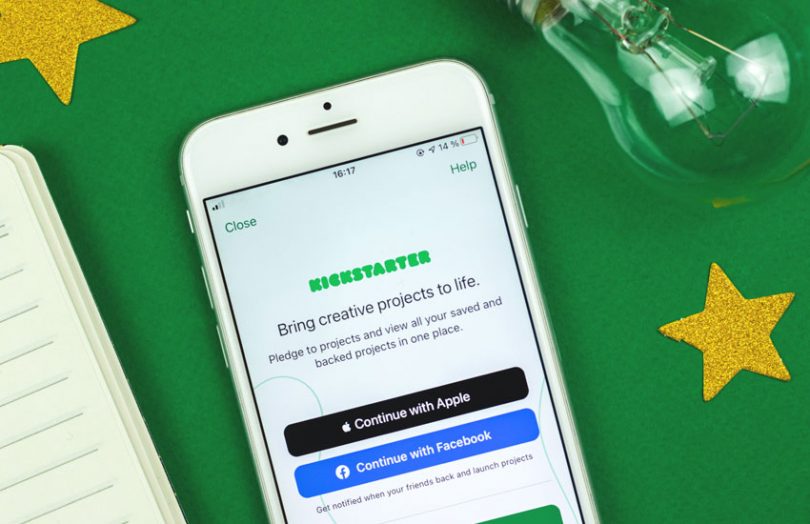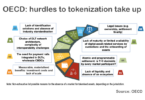Kickstarter plans to embrace blockchain for crowdfunding. Given its role in raising $6 billion across 200,000 projects, it wants to build a decentralized protocol for crowdfunding, with itself as the first customer. However, the protocol will also be open to others.
By developing the software that others can use, effectively Kickstarter is making it easier to attract a whole lot more competition for itself.
It gave three reasons for wanting to migrate to blockchain, but it’s worth exploring the landscape before we get to that.
In November, a copy of the American Constitution went up for auction at Sotheby’s and a group of people quickly created a Decentralized Autonomous Organization (DAO), ConstitutionDAO, where many strangers contributed $47 million worth of cryptocurrency to what was essentially a fund to bid for the copy of the constitution. DAO’s can be both investment and governance structures.
As it happened, the bid for the constitution failed, but that’s not the point. A few years ago, this might have been a Kickstarter campaign. But this year, a community quickly formed on the blockchain to raise this substantial amount of money.
In other words, Kickstarter can see the writing on the wall.
However, the company also envisions most of the internet being rewired using blockchain, so massive funding is needed. If Kickstarter takes a smaller piece of a rapidly expanding pie, it could be in a good place.
A different take is that as the protocol creator and initial investor, Kickstarter will own a huge chunk of the protocol tokens. That in itself could be hugely valuable in terms of market capitalization. And depending on the tokenomics, those tokens might earn some tiny cut of all revenues generated by the protocol, including from Kickstarter clones using the protocol.
So cannibalization could have a nice payoff.
The company’s three reasons for adopting blockchain are its easy to reward participation, the lego brick composability of blockchain software, and efficient participation in governance. On the latter point, it intends to create a lab to explore alternative governance models.
One point not explicitly mentioned is blockchain also means that people who provide funding aren’t locked into their investments. In theory, it should make them more liquid.
The company will be building on the Celo blockchain.
Meanwhile, Twitter is also looking to explore decentralized social media with BlueSky. And Jack Dorsey’s other company Block (formerly Square), is going all-in on blockchain.





